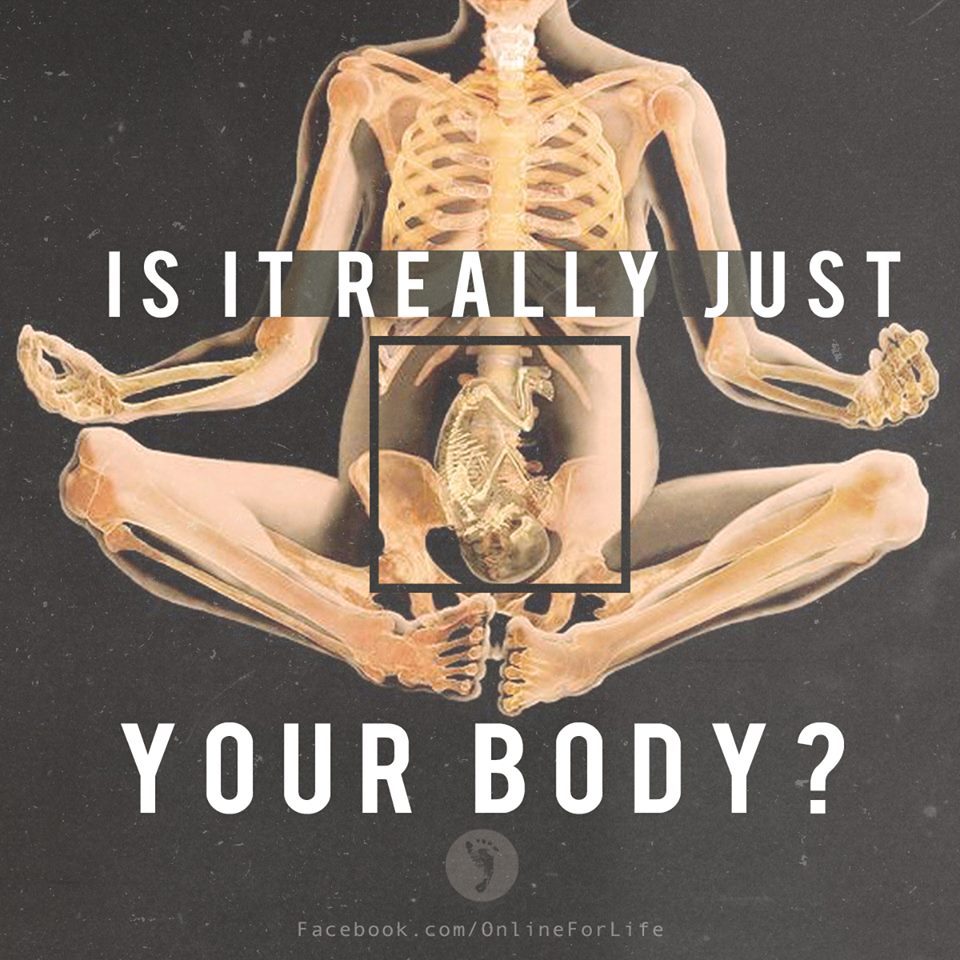ninjakittenarmy: sadslothsmiling:ninjakittenarmy:sadslothsmiling:No offense, @ninjakittenarmy
ninjakittenarmy: sadslothsmiling: ninjakittenarmy: sadslothsmiling: No offense, @ninjakittenarmy but if it’s not murder sometimes, depending on the circumstances of the mother, which has nothing to do with the fetus or the method of termination, then it’s not murder. And if it’s not murder, then it follows that they’re not people. And if they’re not people, and they’re inside someone’s body, then it falls under bodily autonomy, period. End of conversation. I’m sorry to all of the ppl in this thread who’ve been treated like dirt by people who either know full well that it’s about hurting women and trans men (which is gross), or have been drinking the water and somehow can’t think it through (which is also gross but it’s not their fault). I hope that you can find support from people who are educated and qualified to help. ❤️ Just saying “end of conversation” doesn’t actually end the conversation with you as the victor. The life threatening circumstances are because it’s one life for another. And no, it isn’t just about the person carrying the child. There are at least two individuals involved here and denying that disqualifies your argument. Explain to me the circumstances in which it would not be murder to end the life of a 1-day-old infant. Or a kindergartner. Or a teenager. Or an adult. Or a senior citizen. Under what circumstances are those people no longer legally people? (Please note that your evaluation of the personhood of a fetus depends on the circumstances of the pregnant person, and not any physical differences in or actions of the fetus itself.) If your argument is that pregnancies cannot be terminated because a fetus is a person with the same legal rights, then I expect consistency. If you are unable to defend your own position without blatantly contradicting it, then your argument is terminally flawed. You cannot expect to be treated as though you have levied a compelling argument when you haven’t even levied a logical one. In life threatening circumstances it’s one life for another, so there has to be a choice and the child can’t always be saved anyway. Most survivors can physically carry their attacker’s pregnancy safely. So by making that your distinction - that one life must be in imminent danger - you are not making a concession for survivors. Which is awful, but at least it’s consistent.Having established that you see a fetus as equal to a born person, having all the legal rights thereof, the next step is to establish whose rights are of issue in medical situations. You indicate that a fetus has the right to use a pregnant person’s body unless the pregnant person will die as a result, and that the pregnant person has the legal responsibility to allow it.Under what conditions does any born person have the right to use the organs of another born person against their will? When is it legal (let alone moral) to sew a sick person to an unwilling person in order to save the first person’s life? When is it ok to harvest blood or tissue from an unwilling person to help someone else?I guess what I’m getting at is a thing you already know. People don’t have the right to use another person’s body. It’s not a right that exists. Conferring that right upon a fetus is to temporarily give that fetus a right that no other person has, essentially to place that fetus in a class above all other people, until the time that the pregnancy ends.People also don’t have the legal obligation to submit their body to anything to serve the medical needs of another person. It’s not an obligation that exists. Requiring that of a pregnant person is to give that person a legal burden that no other person has, essentially to place that person in a class below all other people, until the time that the pregnancy ends.People don’t get special rights, or endure suspensions of their rights, because of medical conditions. We all know that. You know that. Sometimes people who need blood or organs die. And that’s awful and we are allowed to have feelings about that. But a person cannot be forced to sacrifice their bodily autonomy, even if they have a logical or ethical reason to do so, or if they said they would, or if they began the process and changed their mind.As soon as we decide that human rights are negotiable, we step onto the slippery slope that leads to all of the kinds of abuse that we promise never to allow… and then sign into law. -- source link
Tumblr Blog : betterthanabortion.tumblr.com
#pro choice
